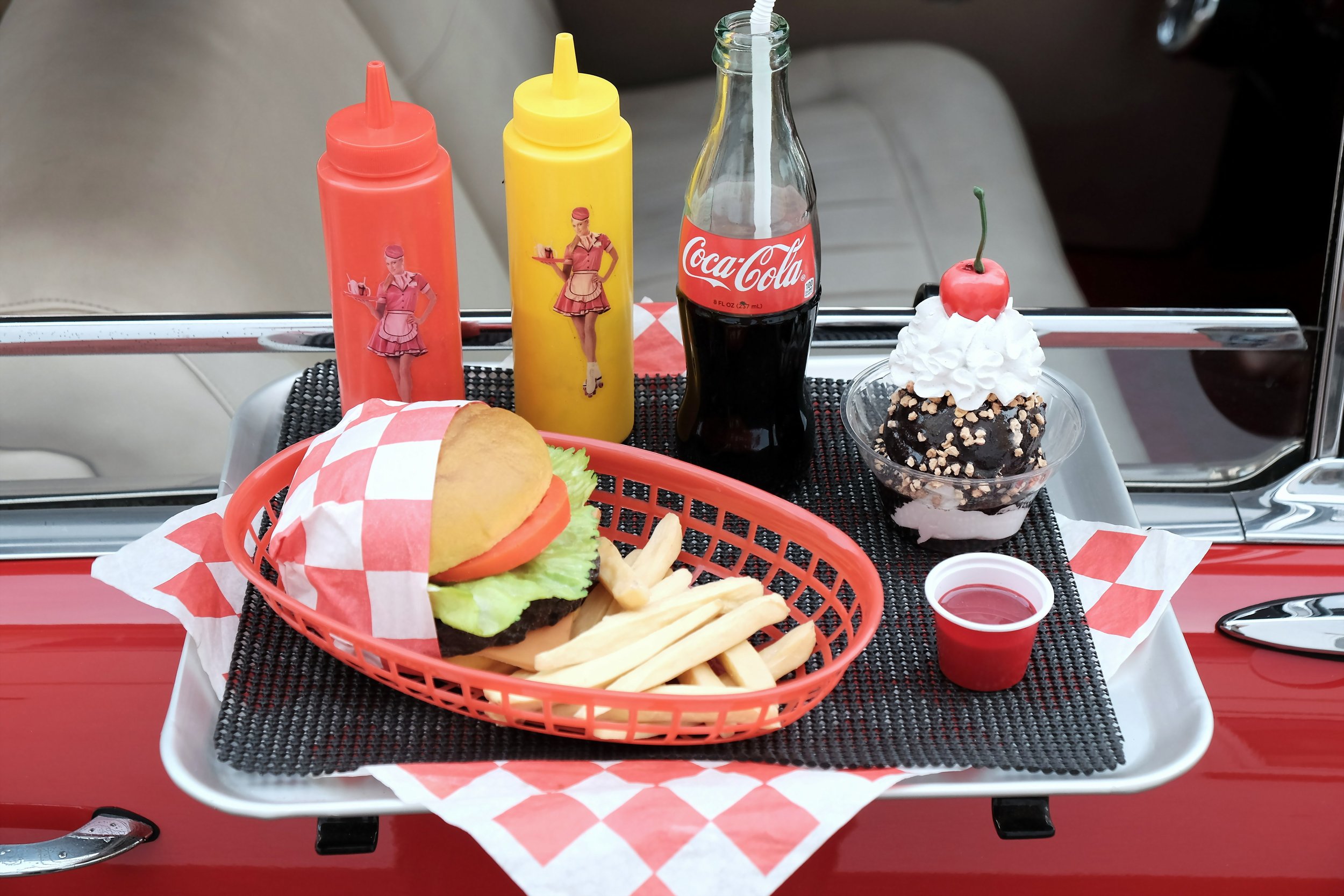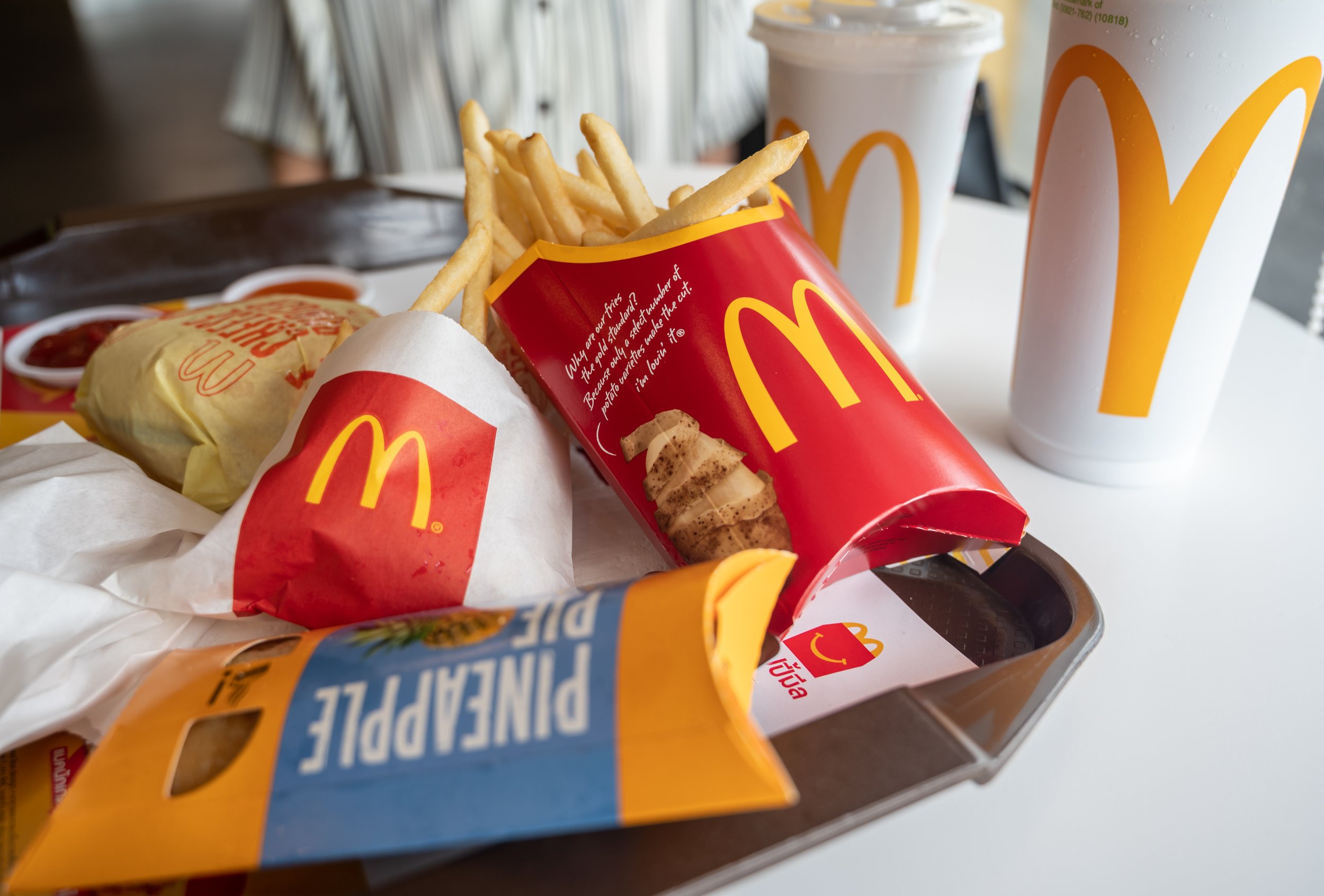The Power of Marketing: How Top Brands Keep Us Coming Back for More
Marketing is a powerful tool that can influence our purchasing decisions in ways we might not even realize. Companies like Nike, Apple, Coca-Cola, Amazon, and McDonald's have mastered the art of marketing, creating strategies that keep consumers coming back for more, even when they don't necessarily need the products. Let's explore some of the techniques these companies use and discuss how we can be mindful of our consumption habits.
Nike: Inspiring Through Storytelling
Nike's marketing strategy revolves around powerful storytelling and emotional connections. Their "Just Do It" campaign is a prime example, featuring inspiring athletes and motivational messages that resonate with consumers on a personal level. By associating their products with success and determination, Nike creates a strong emotional bond with their audience.
Apple: Creating a Sense of Exclusivity
Apple's marketing is all about simplicity, elegance, and exclusivity. Their product launches are highly anticipated events, and their advertising emphasizes the user experience and design quality. Apple makes consumers feel like they are part of an elite group, which drives desire and loyalty.
Coca-Cola: Evoking Emotions
Coca-Cola excels at creating emotionally resonant campaigns. Their marketing often centers around themes of happiness, togetherness, and nostalgia. By tapping into these universal emotions, Coca-Cola makes their brand a part of consumers' cherished memories and moments.
Amazon: Leveraging Convenience
Amazon's marketing strategy focuses on convenience and customer satisfaction. With personalized recommendations, fast shipping, and a vast selection of products, Amazon makes it easy for consumers to find and purchase what they need (and sometimes what they don't). Their Prime membership program further incentivizes frequent purchases.
McDonald's: Adapting to Local Tastes
McDonald's uses a mix of global and local marketing strategies. They adapt their menu to local tastes while maintaining a consistent brand image worldwide. Their campaigns often focus on family, fun, and affordability, making McDonald's a go-to choice for many.
The Pitfalls of Overconsumption
While these marketing strategies are highly effective, they can also lead to overconsumption. Consumers may find themselves purchasing items they don't need, driven by emotional connections, convenience, or a desire to be part of an exclusive group. This can lead to financial strain, clutter, and even environmental impact.
How to Avoid Overconsumption
Set a Budget: Determine how much you can afford to spend on non-essential items each month and stick to it.
Make a List: Before shopping, make a list of what you need and avoid impulse buys.
Reflect on Purchases: Ask yourself if you really need the item or if it's an emotional or impulsive decision.
Wait Before Buying: Give yourself a cooling-off period before making a purchase. If you still want the item after a few days, it might be worth it.
Focus on Experiences: Invest in experiences rather than material goods. Experiences often provide more lasting satisfaction.
Happy Holidays from Moser Marketing Services!
As we approach the holiday season, we at Moser Marketing Services wish you a very happy and joyful time with your loved ones. Remember to purchase responsibly and be mindful of your consumption habits. Let's make this season about meaningful connections and experiences rather than just material possessions.







